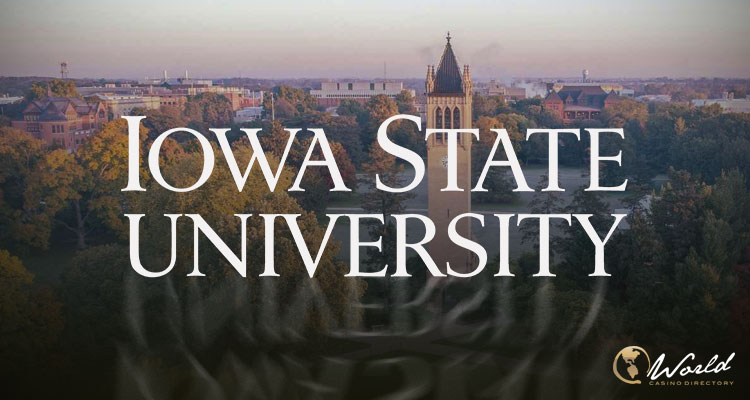On Monday, May 8, the University of Iowa revealed that 26 athletes in five sports were suspected of betting on sports in breach of NCAA rules.
Furthermore, over 100 people are connected to the investigation and Iowa State has admitted that 15 of its three-sport athletes are also under investigation for suspected gambling violations.
Violation of NCAA rules:
The development comes less than a week after Alabama fired its baseball coach, Brad Bohannon, after a report of questionable wagers at an Ohio casino involving his team.
Looking at NCAA rules, they forbid athletes, coaches and staff from wagering on amateur, collegiate and professional sports in which the NCAA directs a championship. For example, athletes cannot wager on NFL games even if state laws would legally permit them to do so without competing under NCAA rules. In Iowa, it is illegal for anyone under the age of 21 to wager on sports.
The Iowa Racing and Gaming Commission, the Iowa gambling regulator, validated to Action Network, a media outlet focused on sports betting, that it has indeed started an investigation into suspected betting involving Iowa Hawkeyes baseball players.
In this regard, Brian Ohorilko, director of gaming for the commission, told the outlet: “The commission takes the integrity of gaming in the state seriously and is continuing to monitor the situation and will provide any additional information when able.”
However, Ohorilko did not return phone calls and emails seeking further comment.
Still, Ohorilko also confirmed that “there is no evidence of match fixing or suspicious wagering activity.”
On that note, he added: “There wasn’t anything giving us pause or leading us to believe that any of these markets were compromised.”
Iowa State has issued a one-paragraph statement about supposed gambling breaches.
It states that “the 15 Cyclones athletes suspected of involvement are from the football, wrestling and track teams.”
Moreover, athletes found to be gambling are subject to disqualification.
The NCAA is aware of the situation:
The University of Iowa said: “We are fully cooperating with the investigation and have alerted the NCAA of potential violations and hired outside counsel to assist.”
Iowa said that “it has received information about 111 individuals, including 26 athletes from baseball, football, men’s basketball, men’s track and field and wrestling, as well as one full-time employee of the athletic department.”
In addition, the school said the “vast majority” are working students, previous athletes or those not affiliated with the athletic department.
According to Iowa: “University officials were notified May 2 of potential criminal conduct related to sports wagering that also suggested possible NCAA violations.”
Last Wednesday, police offered the university a list of people suspected of participating in sports betting.
In response, the university informed several athletes they would not take part in upcoming competitions and notified the NCAA of the potential violations.
Sports betting has happened online:
According to a statement from the state Board of Regents, betting was done online in Iowa and Iowa State.
In this regard, the regents said: “We are closely monitoring the situation and have confidence that University administrators at each institution will take all necessary steps to ensure ongoing compliance.”



